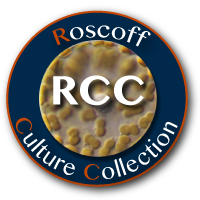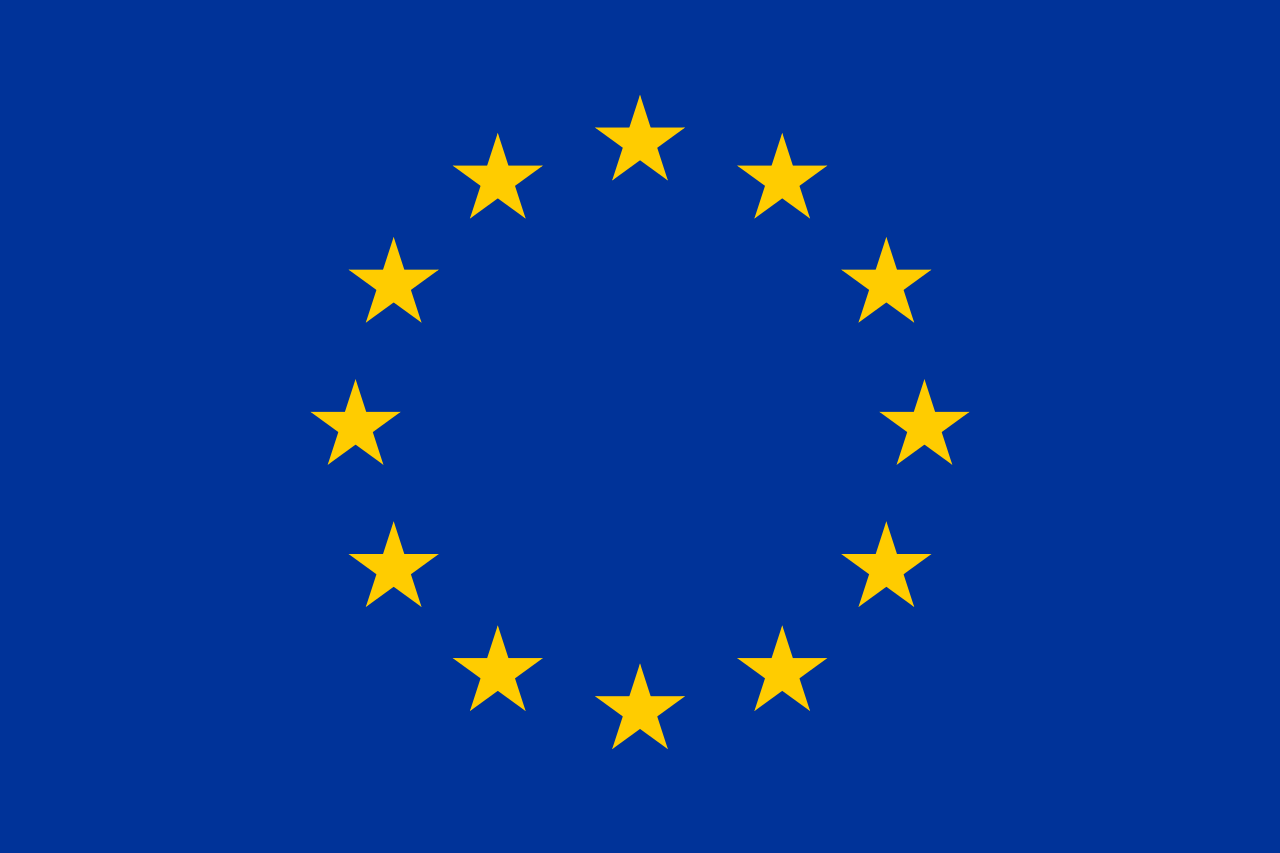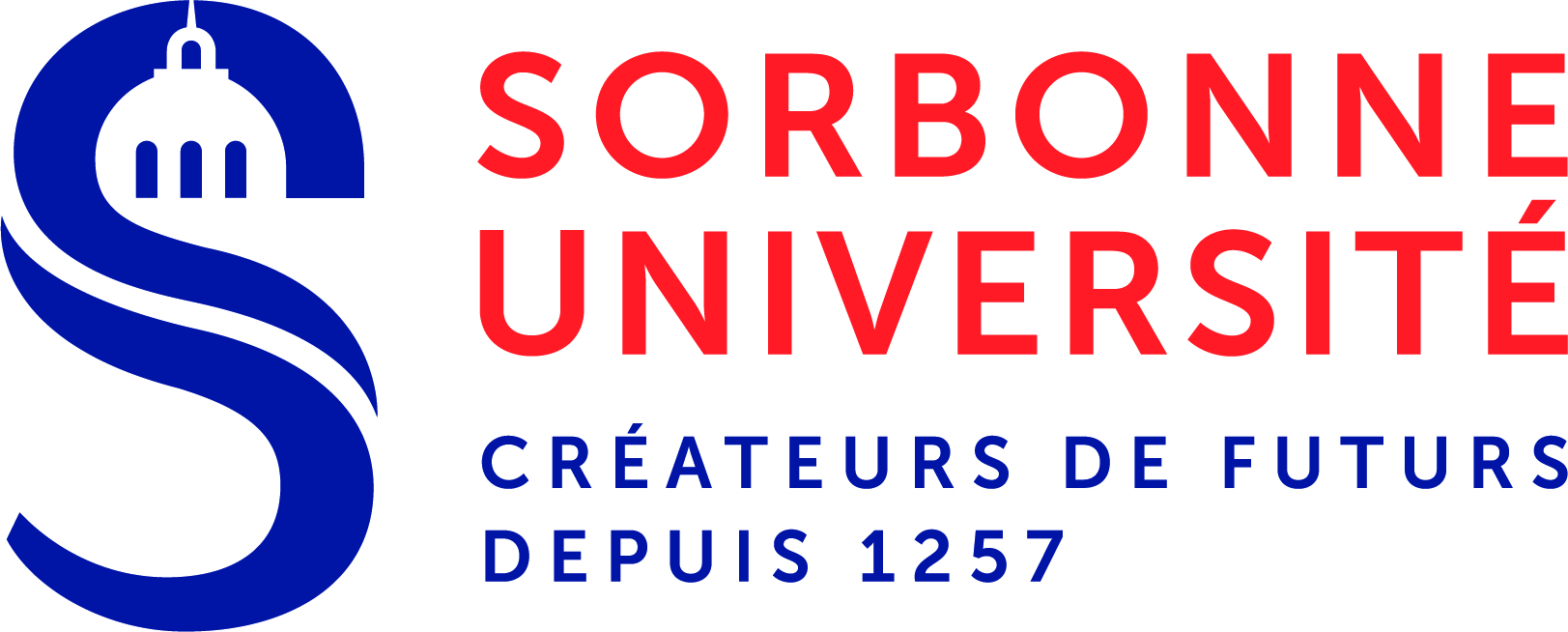| Title | Picoeukaryotes of the Micromonas genus: sentinels of a warming ocean |
| Publication Type | Journal Article |
| Year of Publication | 2019 |
| Authors | Demory D, Baudoux A-claire, Monier A, Simon N, Six C, Ge P, Rigaut-jalabert F, Marie D, Sciandra A, Bernard O, Rabouille S |
| Journal | The ISME Journal |
| Volume | 13 |
| Pagination | 132–146 |
| Date Published | jan |
| ISSN | 1751-7362 |
| Keywords | Biogeography, change ecology, Climate, microbial ecology, RCC114, RCC1697, RCC1862, RCC2257, RCC2306, RCC299, RCC451, RCC497, RCC746, RCC829, RCC834 |
| Abstract | Photosynthetic picoeukaryotesx in the genus Micromonas show among the widest latitudinal distributions on Earth, experiencing large thermal gradients from poles to tropics. Micromonas comprises at least four different species often found in sympatry. While such ubiquity might suggest a wide thermal niche, the temperature response of the different strains is still unexplored, leaving many questions as for their ecological success over such diverse ecosystems. Using combined experiments and theory, we characterize the thermal response of eleven Micromonas strains belonging to four species. We demonstrate that the variety of specific responses to temperature in the Micromonas genus makes this environmental factor an ideal marker to describe its global distribution and diversity. We then propose a diversity model for the genus Micromonas, which proves to be representative of the whole phytoplankton diversity. This prominent primary producer is therefore a sentinel organism of phytoplankton diversity at the global scale. We use the diversity within Micromonas to anticipate the potential impact of global warming on oceanic phytoplankton. We develop a dynamic, adaptive model and run forecast simulations, exploring a range of adaptation time scales, to probe the likely responses to climate change. Results stress how biodiversity erosion depends on the ability of organisms to adapt rapidly to temperature increase. |
| URL | http://www.nature.com/articles/s41396-018-0248-0 |
| DOI | 10.1038/s41396-018-0248-0 |






